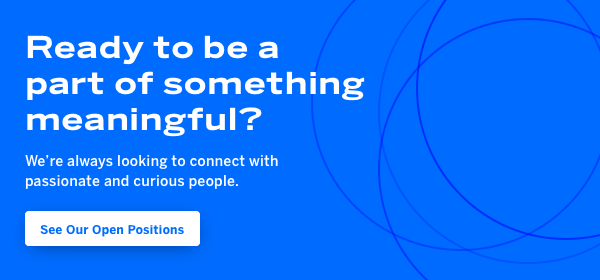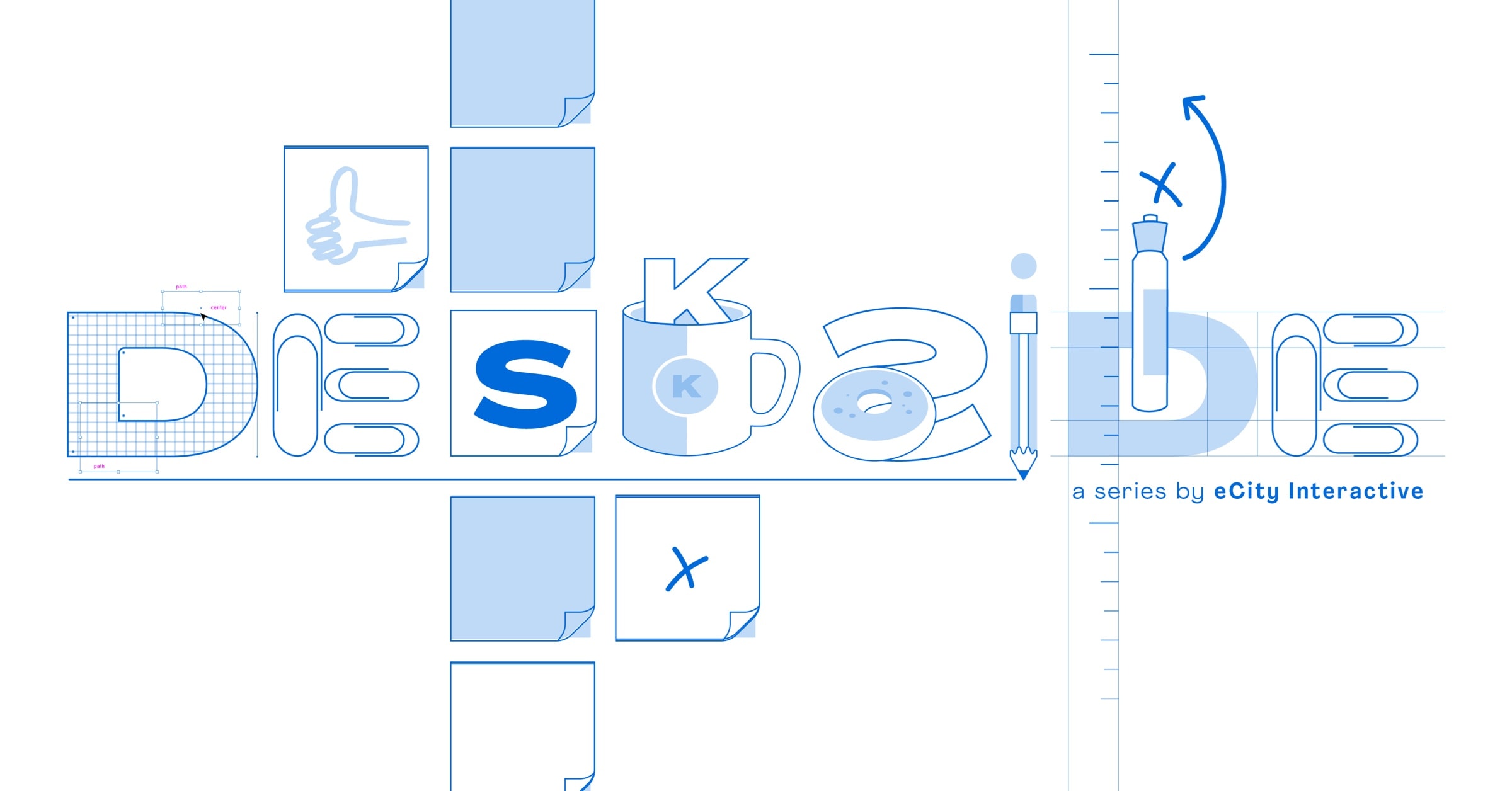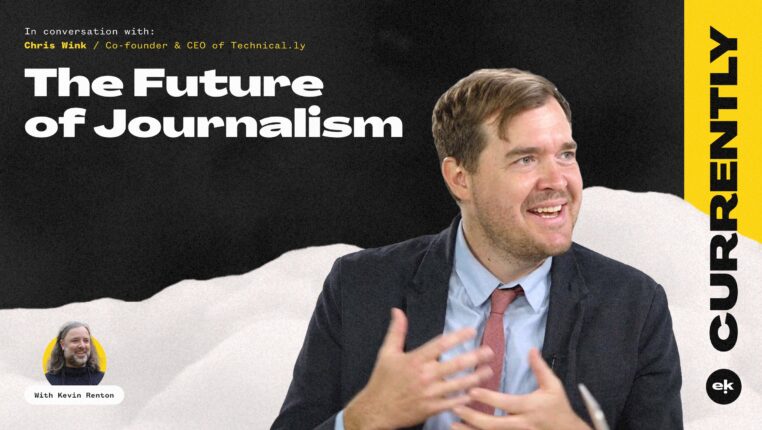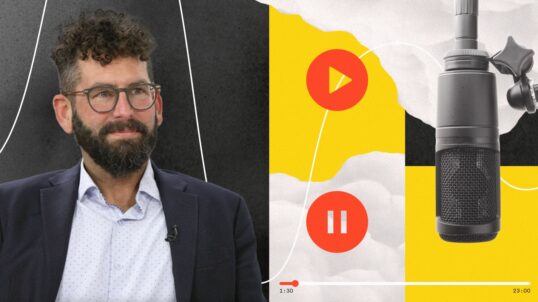As an agency that prides itself on building great websites, having a good front-end developer is essential. Fortunately, we’ve got Kenneth Oum, whose creativity and technical chops are invaluable. But how does he do what he does, and how did he get into this line of work? We decided to ask.
Q: You come from a background in game development – how does that inform the work you do as a front-end developer?
A: My background is actually digital media, which is a pretty broad field. I changed my focus a few times in college from film to animation—to games—to web. This gave me a pretty versatile kit to create whatever I wanted. So in terms of how it informs my work, I would say it allows me to look at things in a creative, unconventional way both in implementing designs and general problem-solving in a multidisciplinary way. For example, I factor in not only how our products look on the screen, but also how they look on virtual/augmented reality displays and how we can engage with those users.
Q: What was your favorite or coolest game you developed (and where can we see it)?
A: I think the coolest game I made is a multiplayer brain-computer interface game/research tool called “Mind Tactics”. It’s a game where you and your opponent try to gain territory in an arena through the players’ ability to concentrate using a spectroscopy based brain computer interface device called the fNIR BCI device. The players not only have to concentrate to claim territory, but concentrate through various distractions that the opponent can use against them. The project was a way to integrate biomedical/psychological protocols with game mechanics to receive more realistic data through various play sessions. The game is not available to the public, but if you ever do a biomedical brain-based study you may see my game there.
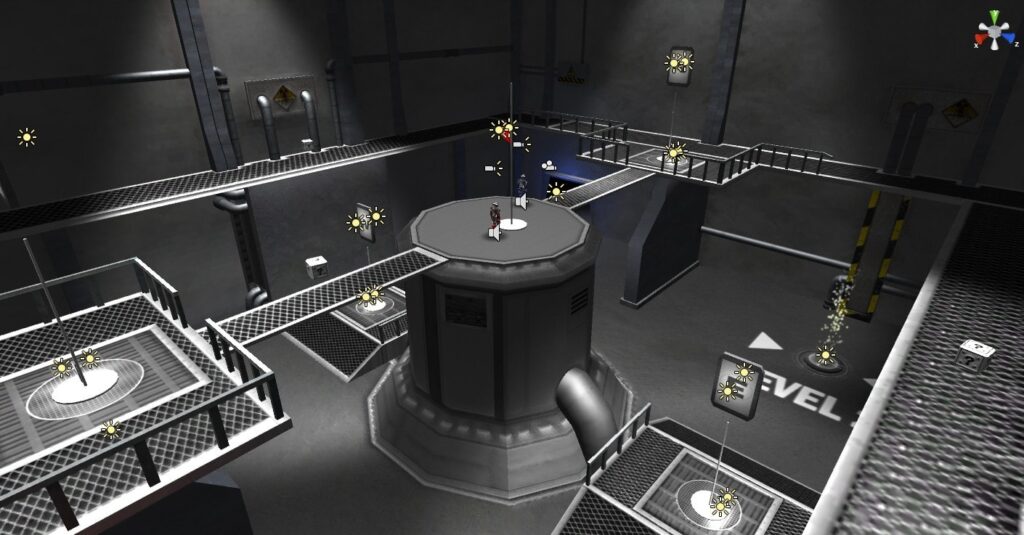

Q: What is one new thing – a tool, platform, industry trend, etc. – that you are excited about or having fun with? It can be something you’ve used or something you want to use on an upcoming client project.
A: The thing that I’ve been using a lot more recently, especially during the Covid-19 pandemic, is an untethered virtual reality headset (the Oculus Quest). Honestly, like most media, VR is an escape from reality, but in this case is more of a shift into another reality. I can go on a virtual vacation, play through fantastical scenarios, or even work out. I can’t run outside right now because of the coronavirus, so I decided to look into the virtual-reality exercise market and found a really cool application called Supernatural. This app has virtual trainers that talk, educate, and cheer you on while you do an exercise session using various cardio based game mechanics. I think this may be my new way to work out, and every time I see the virtual trainer in front of me I think to myself, “I am really living in the future.”
Q: Web development seems, from a non-developer’s perspective, like a blend of technical ability and artistry – how much of what you say is technical vs. creative? Or are they one and the same with what you do?
A: Technical and creative go hand-in-hand when it comes to front end development. As a front-end developer you are taking a static design from the designer and making it interactive. The conversion of the design to code is technical, but how the user interacts with the site or how the site reacts to the user is up to the front-end developer’s creativity. Overall though, I would say front-end development is closer to design than pure programming.
Q: How much leeway do you have to create an ideal web experience in any given project, and how much of it is determined by client-side technical limitations?
A: As time goes on, I feel that I have more creative leeway to create the web experience that I want and the designer envisions with the death of Internet Explorer. What has held development back for ages, and still does to some degree, is the browser Internet Explorer. I personally feel that if we had collectively abandoned Internet Explorer years ago, we may have progressed much further in terms of web, technology, and possibly humanity. Like the discovery of the Aeolopile steam machine in ancient Alexandria, think of how much farther we would be as a species if we had embraced Firefox and Chrome over Internet Explorer so much earlier – just imagine!
Q: You’re an adjunct professor of design and web development at Drexel. How does your work inform your teaching, and vice versa? And do you find that your students have a higher level of experience, and access to development tools, at their age than when you were in college?
A: Teaching at Drexel is really great. First, I train my students to have a solid web foundation (no cutting corners or hacks) and enlighten them on all the great benefits that web development has to offer. These range from career opportunity to salary compared to their more prestigious fields of animation/game development, which may be more glamorous but are also grinding work environments that don’t offer much work-life balance. Teaching also keeps me up-to-date with the latest trends in web development that the students are currently experimenting with. One of the most difficult parts of front-end development is keeping up with the trends, and it feels like every week some developers are creating a new JavaScript framework and giving it a hip name like “hazel-tree” that everyone claims is the next coming.
I feel that most students have a higher level of experience with development then me at their age because they are born with the Internet, web, and mobile technology at a younger age. For example, things such as the Chrome Web Inspector are much easier and quicker to use for debugging than the old methods. Also things like programming an app on an iPhone is much easier through code wrappers instead of having to program purely from Objective-C. To me, it’s not about the language proficiency that impresses me about my student’s work, but their creativity in their final product.
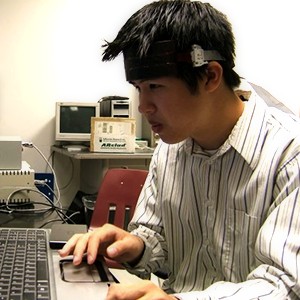
Q: We asked our graphic designer a similar question recently: How do you go about immersing yourself in each client’s brand/product/service to understand their end goals, and how do you separate or blend your style and aesthetic from or with a client’s?
A: I see every project as a type of puzzle. Like puzzle solving, development is mostly problem-solving. I look at both what the client wants and what the designer had envisioned and try to make an experience that wows our target audience. This is through animation, defying user expectations, or just generally making it look as close to the design as possible. I never want to limit our designers with technical limitations, so I always encourage the designs to be as expressive as possible – which in turn makes it more difficult (but rewarding) for me in terms of development/problem-solving.
Q: There’s a perception that web developers and programmers and coders work all hours and odd hours of the day. Is that true, or is that stereotype – and what are your typical/best working hours?
A: The perception that developers work at all odd hours is true, at least in my case. I actually work best at nighttime, my mind tends to focus a lot more and I feel more productive overall.
Q: Why did you become a web developer?
A: I became a web developer because a friend needed a website. When I started to do development on it, I realized that development is pretty close to design and I decided to make a career out of it. Even after all these years of doing web development, there is always something new to learn in the field for better or for worse.
Q: What is something you’re working on for a (anonymous) client that you’re excited about that you can tell us a little bit about right now?
A: There is a project that we are working on that is all about presentation and flourish. It is one of the most heavy front-end development projects that the company has ever worked on. I am not only giving it my all, but trying to add in more to create a memorable and vivid experience for any users that experience the product. I am even using some of my night owl hours to make it perfect.
Q: What are you reading or watching right now that you’ve really enjoyed and/or found creatively inspiring?
A: I just finished a book called “Why You Are Who You Are: Investigations into Human Personality,” which is all about personality psychology. It is very enlightening in terms of understanding other people and myself. I am trying to become a better screenwriter for my games, so I decided to read this book to get a better understanding of how people develop their personalities and how that translates to the characters that I write for. It was a long book, but really eye-opening for those that are interested in what defines the human identity.
